Cut fees, control farm chemicals
The State Council, at its Feb 8 executive meeting presided over by Premier Li Keqiang, decided to cancel more administrative fees to ease burdens on enterprises and strengthen administrative reform in the construction industry.
The meeting also clarified measures to develop high-standard farmland and passed a draft regulation on control of farm chemicals across the country.
Plan to promote employment
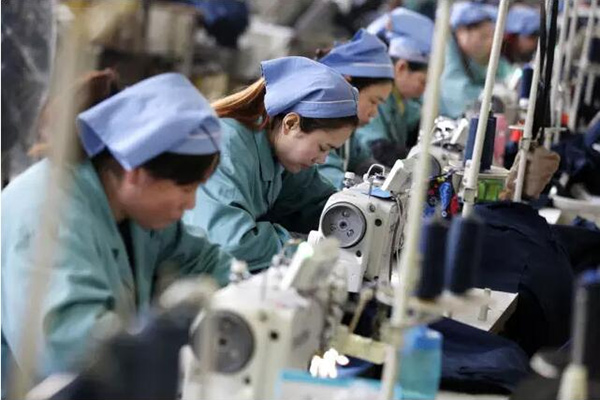
The State Council released the 13th Five-Year Plan (2016-2020) on employment, which set a target of creating more than 50 million jobs by 2020, with reasonable rises in wages and decreasing the urban registered unemployment rate to below five percent.
Improvements on the entrepreneurial environment and human resource structure are also urged.
Guideline to further reform drug production, distribution
The State Council released a guideline to improve the quality and effects of medicines while regulating the distribution system, aimed at better satisfying people’s medical and treatment needs and promoting a healthier China.
Improving vaccine quality and ensure vaccination safety
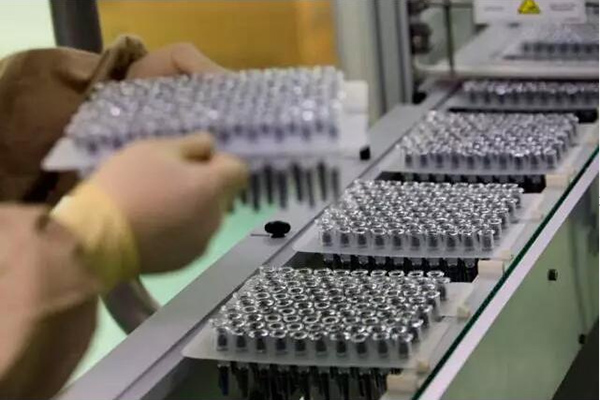
The State Council released a guideline to strengthen the management of China’s vaccine circulation and administration, aimed at improving vaccine quality and ensuring the safety of vaccinations.
The National Health and Family Planning Commission was urged to establish a national expert advisory committee for an immunization program. It requires adjusting categories of vaccines, and gradually introducing more qualified, efficient and affordable vaccines into the State immunization program.
All regions should improve the compensation system of abnormal reactions in vaccinations, according to the guideline.
Five-year plan on AIDS prevention
The State Council has released a plan for AIDS prevention and treatment to be implemented during the 13th Five-Year Plan period, aimed at deepening healthcare reform and safeguarding people’s health.
The main objective of the plan is to promote proper prevention and treatment services, as well as implement more measures regarding prevention of needle sharing, illegal blood transfusions and mother-to-child transmission, in an effort to minimize the fatality rate and improve patients’ quality of life.
Guideline on development zones
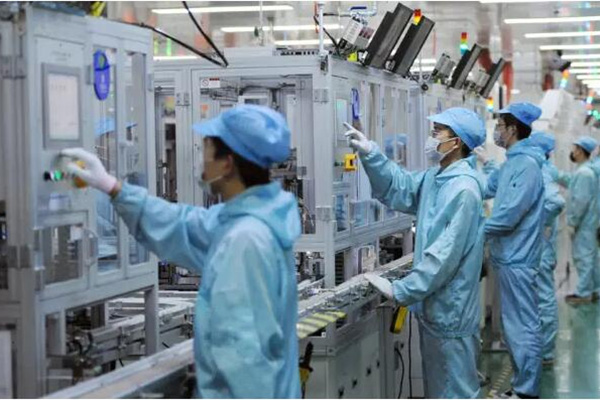
The State Council has issued a guideline to promote the reform and innovative development of China’s development zones, aimed at improving their leading roles in opening-up and improving the investment environment.
Strengthening the overall arrangement of all types of development zones, speeding up their upgrades, adopting innovative mechanisms and improving the management systems and policy support are main issues needing to be addressed.
China to enhance transparency in administrative law enforcement
The State Council has released a circular to promote openness and fairness in administrative law enforcement by introducing pilot systems of information disclosure, full-process recording and legal review of major law enforcement decisions.
According to the circular, pilot runs will be conducted in 32 regions and departments, including Tianjin, Hebei, Anhui, Gansu, the Ministry of Land and Resources and Hohhot city.
NDRC announces delegation in transport investment approval
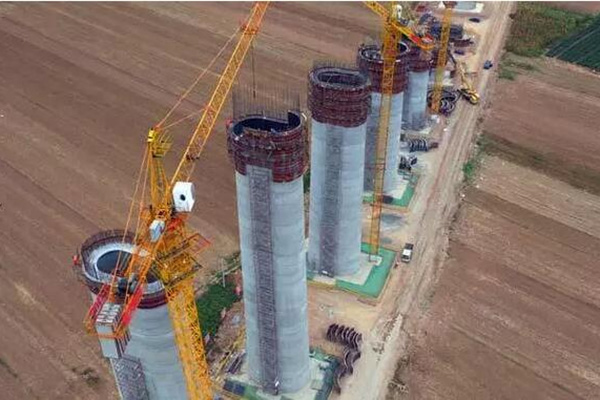
The National Development and Reform Commission (NDRC) announced on Feb 8 that it will pass down most of its approval authority in transport investment to local officials.
Provincial governments will be authorized to examine and approve feasibility reports for new expressways, some bridges and tunnels, and normal-speed regional railways, according to the statement.
The construction of academies and research institutions concerned with transportation will also enjoy the new policy.
Substandard traditional Chinese medicines overhauled
The 54th batch of traditional Chinese medicine decoction pieces produced by 46 enterprises were announced substandard, according to findings from four food and drug inspection and testing institutes, including Qingdao Institute for Food and Drug Control.
Related local food and drug administrative authorities have taken measures to seal up and seize substandard medicines, suspend its use and sale, and call for enterprises to recall the products.
China to establish medical centers at national and provincial levels
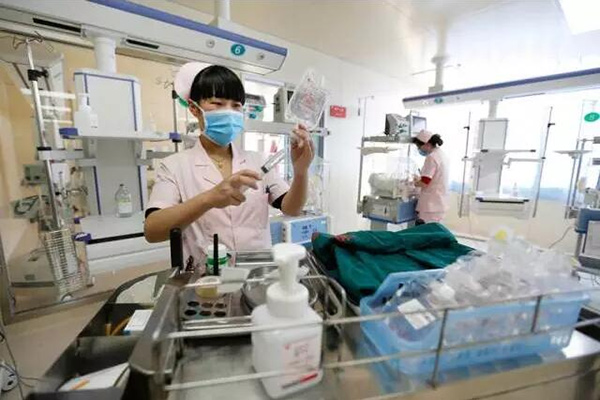
The National Health and Family Planning Commission announced its plan for medical centers during the 13th Five-Year Plan period (2016-2020).
According to the document, China is planning to establish national medical centers across the country and set up one regional center for comprehensive medical treatment in every province by 2020.
China to crack down on smuggling trash
The General Administration of Customs (GAC) announced that China’s customs authorities will implement a yearlong smuggling crackdown, prioritizing imported garbage and natural products.
Industrial waste, electronic scraps and plastics will be in the cross hairs of the watchdogs, according to the GAC.
Illegal behaviors of overloading clarified
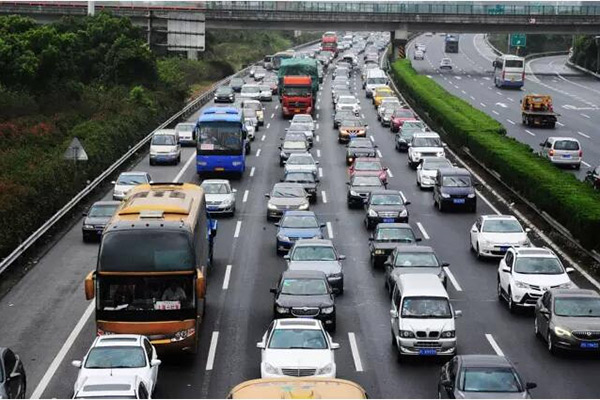
The Ministry of Transport issued a document clarifying serious illegal behaviors of overloading in transport. Freight vehicles would be put on a blacklist of credit if overloading three times within one year.
China pledged to guarantee paid maternity and paternity leave
The National Health and Family Planning Commission issued a development plan for the country’s family planning during the 13th Five-Year Plan (2016-2020) period.
The plan called for promoting the implementation of maternity leave, nursing leave and related policies, and urged efforts to guarantee employees’ pay and other benefits during the period of extended maternity and paternity leave.
It also encouraged women to give birth at childbearing ages and to return to work after maternity leave.
New ‘green card’ to ease daily life for foreigners
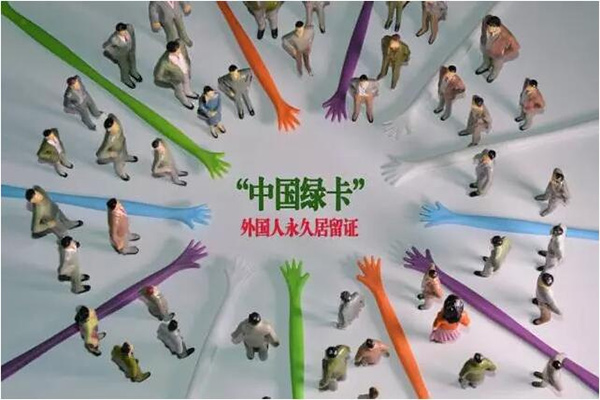
China will update its “green card” policy this year to make life easier for foreign residents, a source at the Ministry of Public Security confirmed on Feb 6.
With improved security features, the permanent resident permit is expected to guarantee more rights equal to those of Chinese citizens, such as buying railway tickets, checking in at hotels and purchasing property.
Birth by surrogacy still prohibited
The National Health and Family Planning Commission announced on Feb 8 it will continue to ban surrogacy in China and punish violations.
“Surrogacy is a complex matter involving legal, ethical and social issues, and Chinese health regulations ban medical institutions and staff from performing surrogacy in any form,” spokesman of the department Mao Qun’an said at a news conference in Beijing.
“We will continue to severely punish surrogacy violations and ensure that people have access to safe, regulated and effective assisted reproductive technology services,” Mao added.
China affirms three extremely serious workplace accidents
The State Administration of Work Safety announced on Feb 9 that three events — the gas explosion at Jinshangou Coal Mine in Yongchuan district of Chongqing on Oct 31, the collapse of a power plant’s cooling tower under construction in Fengcheng city, Jiangxi province on Nov 24, and the coal mine explosion at Baoma Mining Company in Chifeng city, Inner Mongolia autonomous region on Dec 3 — are enlisted as extremely serious workplace accidents.
